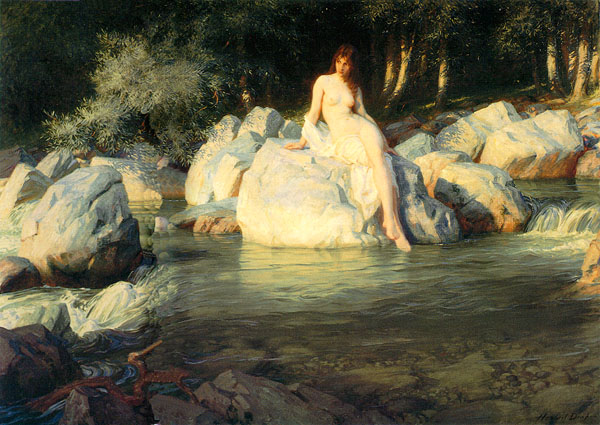ISLANDS
- chapter index -
pg. 1 - Islands | pg. 2 - Sagittarius | pg. 3 - Formentera Lady
pg. 4 - A Dragon Fig Tree's Fan | pg. 5 - The Sun | pg. 6 - Tanit
pg. 7 - The Crystal Cabinet | pg. 8 - Sailor's Tale | pg. 9 - Seizing the Ox
pg. 10 - The Letters
page index
Houses Iced in Whitewash | Adam Kadmon
site index
Translate from
Formentera Lady
"He who has come through the fire
will not fade in the sun."
- Hindu proverb
"The first man comes from the earth and is of the earth."
- line one of C.G. Jung's epitaph
"Our birth is but a sleep and a forgetting."
- Plato
|
"Kundalini, the Sphinx of Yoga, is Shakti, the king's daughter, who must be
awakened if Yoga is
to reach its supernal goal. For Hatha-Yogo, Shakti is in microcosmic form the
revelation of the
primaeval force of the feminine in the physical and etheric bodies. She is
shown in the form of
a serpent, but also as a young woman of enticing beauty. As long as the Shakti
force in man is
asleep, he cannot attain to higher wisdom."
- A Rosicrucian Notebook: The Secret Sciences Used by Members of the Order by Willy Schrodter |

|
"Gazelles are leaping, feeding on the mountains. Near are lakes. Round their
shores file shadows black of cedargroves. Aroma rises, a strong hairgrowth of
resin. It burns, the orient, a sky of sapphire, cleft by the bronze flight of
eagles. Under it lies the womancity, nude, white, still, cool, in luxury. A
fountain murmurs among damask roses. Mammoth roses murmur of scarlet
winegrapes. A wine of shame, lust, blood exudes, strangely murmuring."
- James Joyce: Ulysses, Circe |
|
"The Maiden caught me in the Wild
Where I was dancing merrily; She put me into her Cabinet And Lock'd me up with a Golden Key." - William Blake, The Crystal Cabinet |
return to page index
site index